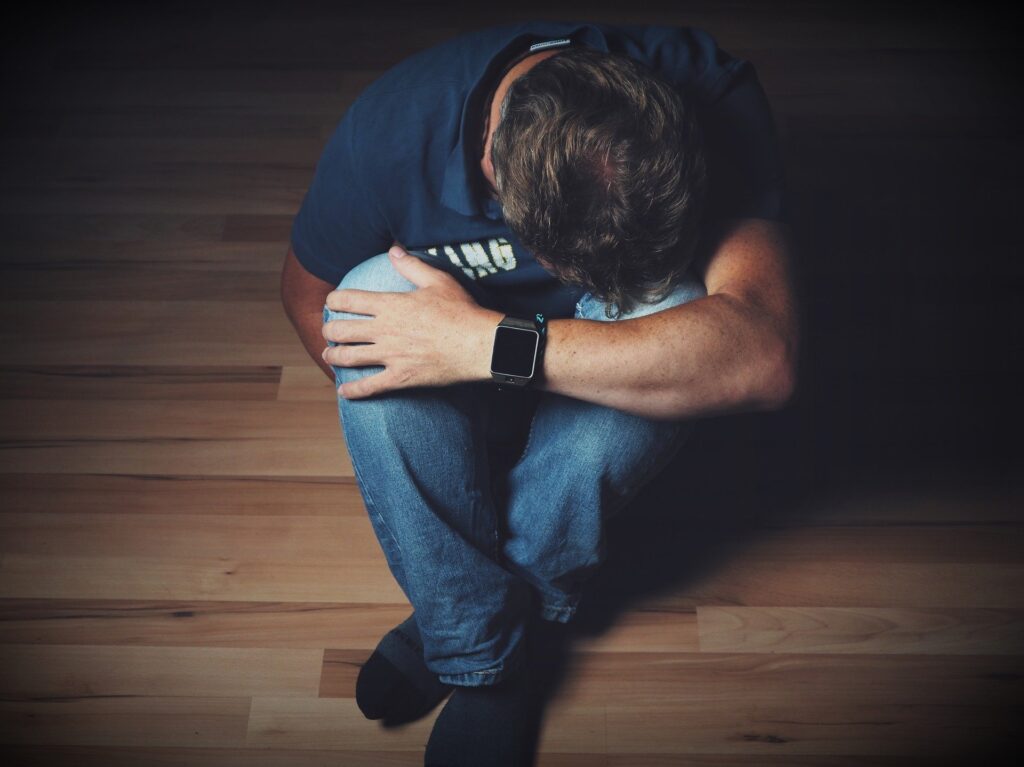Depression is a commonly misunderstood condition, even with over 9% of adults in the U.S estimated to have a depressive illness. (1) These conditions can include major depression or persistent depressive disorder, as well as bipolar disorder. (1)
Teenagers and children also experience symptoms of depression. The COVID-19 pandemic has raised concerns about the mental health of young people. It’s incredibly important for parents, teachers, and caregivers to pay attention to potential signs of depression or difficulty coping with the challenges of the pandemic.
Learning more about depression can make a difference for people of all ages. Here are some of the most misunderstood symptoms of the condition:
Feeling Sad or Blue
You’ve likely heard someone use the word depression as a synonym for feeling sad. However, while we all go through difficult times in life that leave us feeling down, the feelings are much more intense and long-lasting for a person with depression.
People with depression experience a variety of tough emotions, including feelings of worthlessness, emptiness, and self-hatred. (2) They might feel irritable or hopeless. (2) Although some people will develop depression after overwhelming life experiences, such as grief, many episodes of depression occur without any trigger at all.(3)
In order to be diagnosed with major depressive disorder, a person needs to have regularly experienced symptoms for at least two weeks. There are other types of depression, too, such as seasonal affective disorder that occurs in the winter months. (3) All types of depression are associated with regular, intense feelings of sadness. It’s more than just one bad day.
Lack of Motivation
Many people with depression find it difficult to continue doing normal household tasks, such as cleaning or cooking dinner. They often lack the motivation to even do things that they previously enjoyed, like playing a favorite sport or working on an art project. For people without depression, it’s difficult to understand why the person does not “get over it” and get back to life. Unfortunately, depression does not work that way.
People with depression can find it hard to concentrate on important things. They might struggle to make decisions or spend much of the day feeling tired. Others might have trouble sleeping. The very nature of depression makes it impossible for a person to simply “snap out” of the condition and feel easily motivated again.
Unexplained Aches and Pains
Depression is a complicated, wide-ranging illness that affects the entire body. In another example of how depression is much more than feeling sad, research has shown that depression is strongly linked with physical pain.(4) Backaches, headaches, and other types of chronic pain are associated with depression. Some researchers have wondered about a connection between inflammation in the body and depression. (4) Digestive issues, including stomach pain, have also been implicated in depression research.(4)
Suicidal Thoughts
Suicide is a serious concern for people with depression. However, many myths about suicide persist. It’s important to remember that talking with someone about suicide or asking a person if they are considering suicide will not encourage them to die by suicide. In fact, talking with a person about their suicidal thoughts could provide them a level of relief and a chance to seek help. (5) It’s also important to remember that many people have suicidal thoughts, but not suicidal intent. Talking about suicide and ending the stigma can make a difference for people with depression — and those without.
Services at NeuroBehavioral Associates
Depression can be associated with many different conditions. NeuroBehavioral Associates provides neuropsychological assessments to children, teens, and adults with known or suspected cognitive, learning, or neurodevelopmental differences. Our assessment results give families a guide for treatment planning and support services.
Contact the team at NeuroBehavioral Associates today for more information or to schedule an appointment.
References:
- John Hopkins Medicine. (n.d.). Mental Health Disorder Statistics. Retrieved September 16, 2021, from https://www.hopkinsmedicine.org/health/wellness-and-prevention/mental-health-disorder-statistics
- Mayo Clinic. (2021, June 5). Teen depression – Symptoms and causes. https://www.mayoclinic.org/diseases-conditions/teen-depression/symptoms-causes/syc-20350985
- American Psychiatric Association. (n.d.). What Is Depression? Retrieved September 16, 2021, from https://www.psychiatry.org/patients-families/depression/what-is-depression
- Fraga, J. (2019, August 16). 7 Physical Symptoms That Prove Depression Is Not Just ‘In Your Head.’ Healthline. https://www.healthline.com/health/mental-health/physical-symptoms-of-depression#6.-Stomach-pain-or-uneasiness-in-the-abdomen
- NAMI. (n.d.). 5 Common Myths About Suicide Debunked | NAMI: National Alliance on Mental Illness. Retrieved September 16, 2021, from https://www.nami.org/Blogs/NAMI-Blog/September-2020/5-Common-Myths-About-Suicide-Debunked

